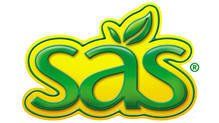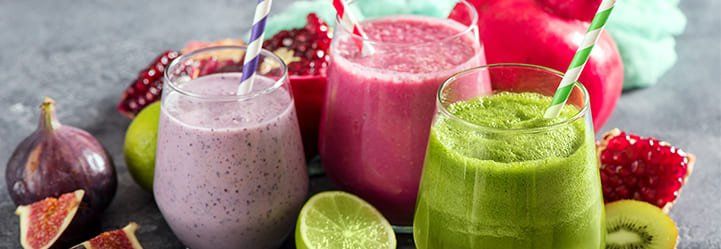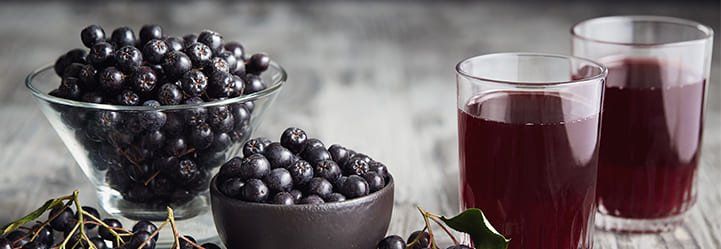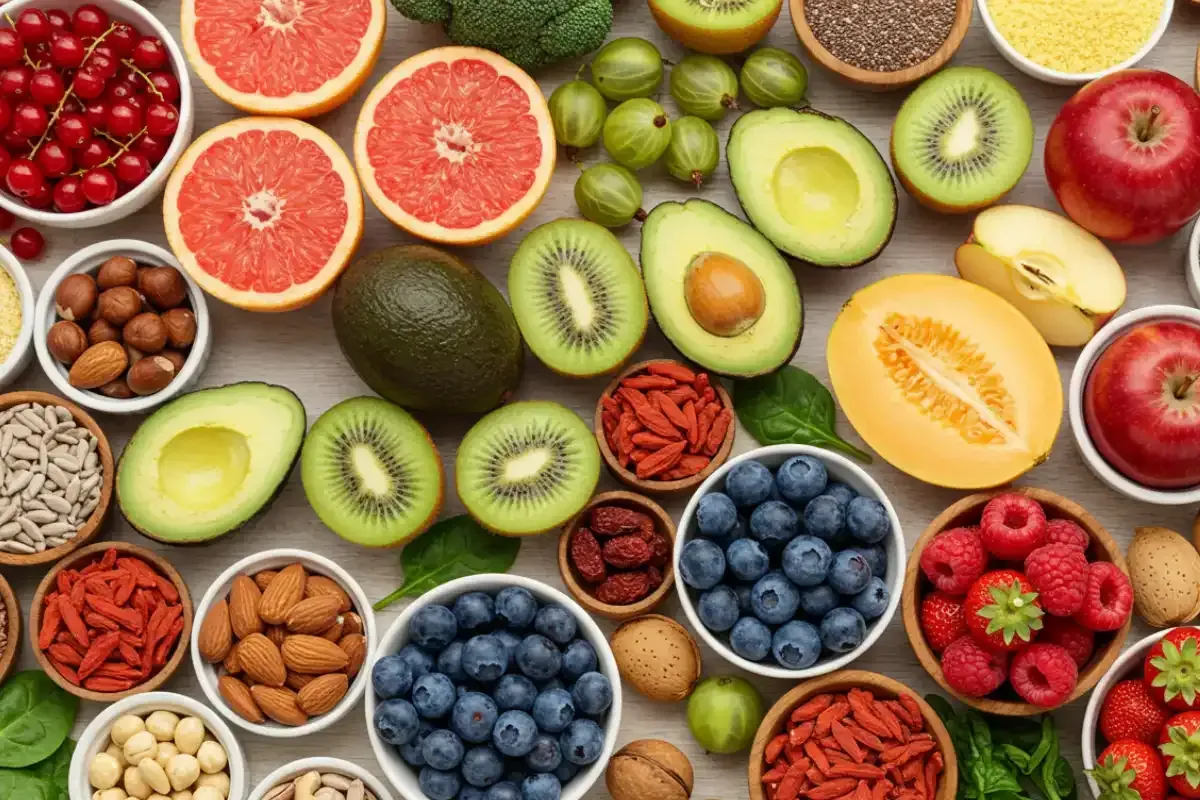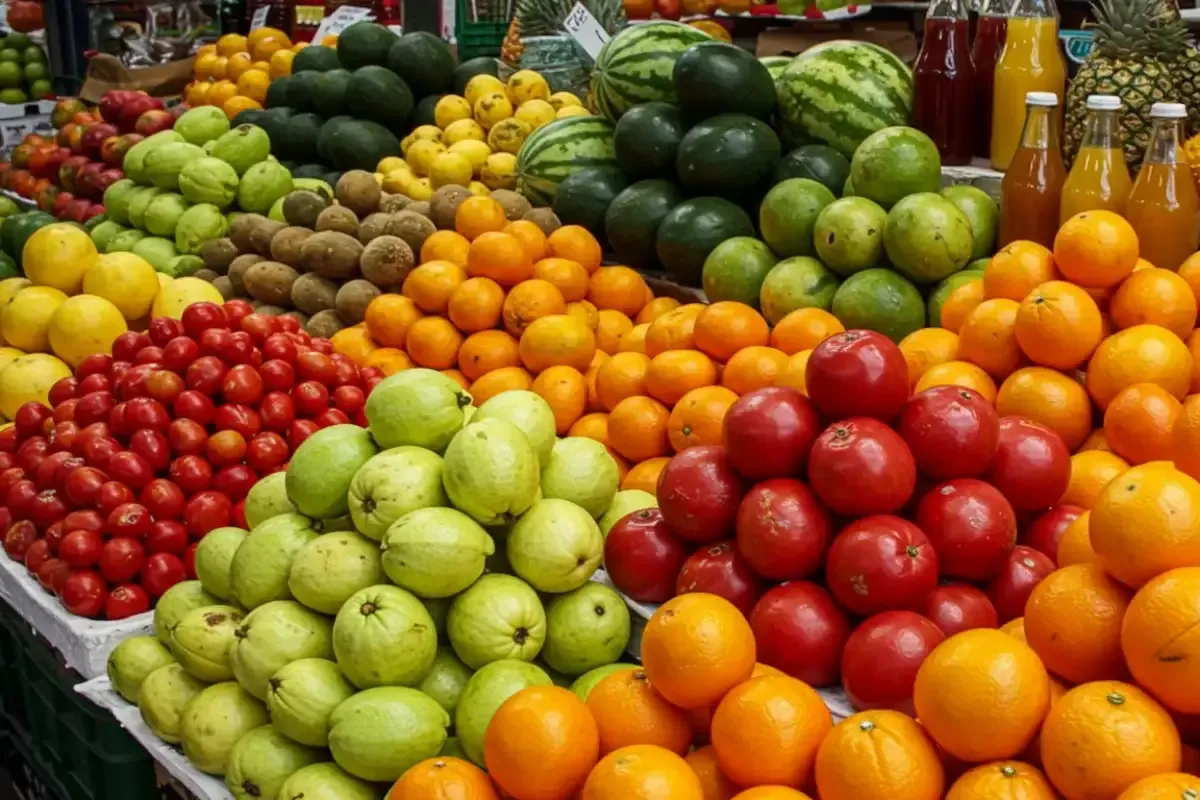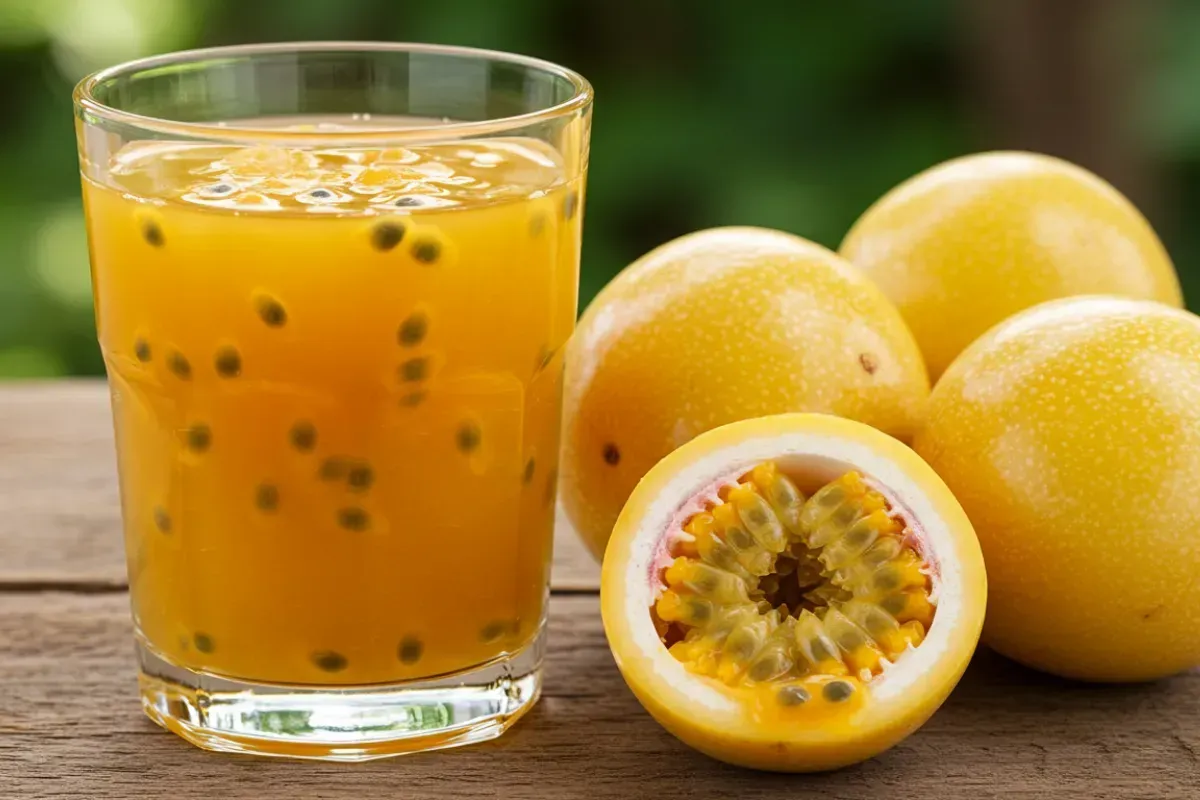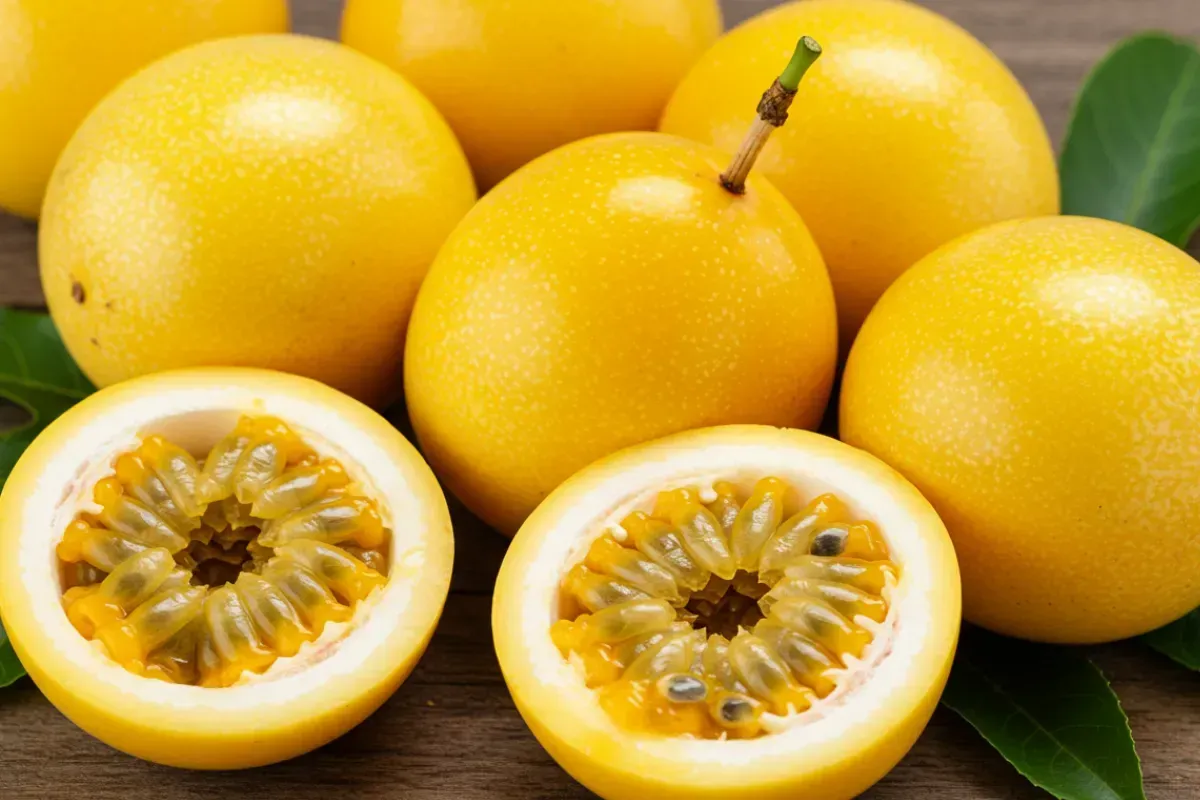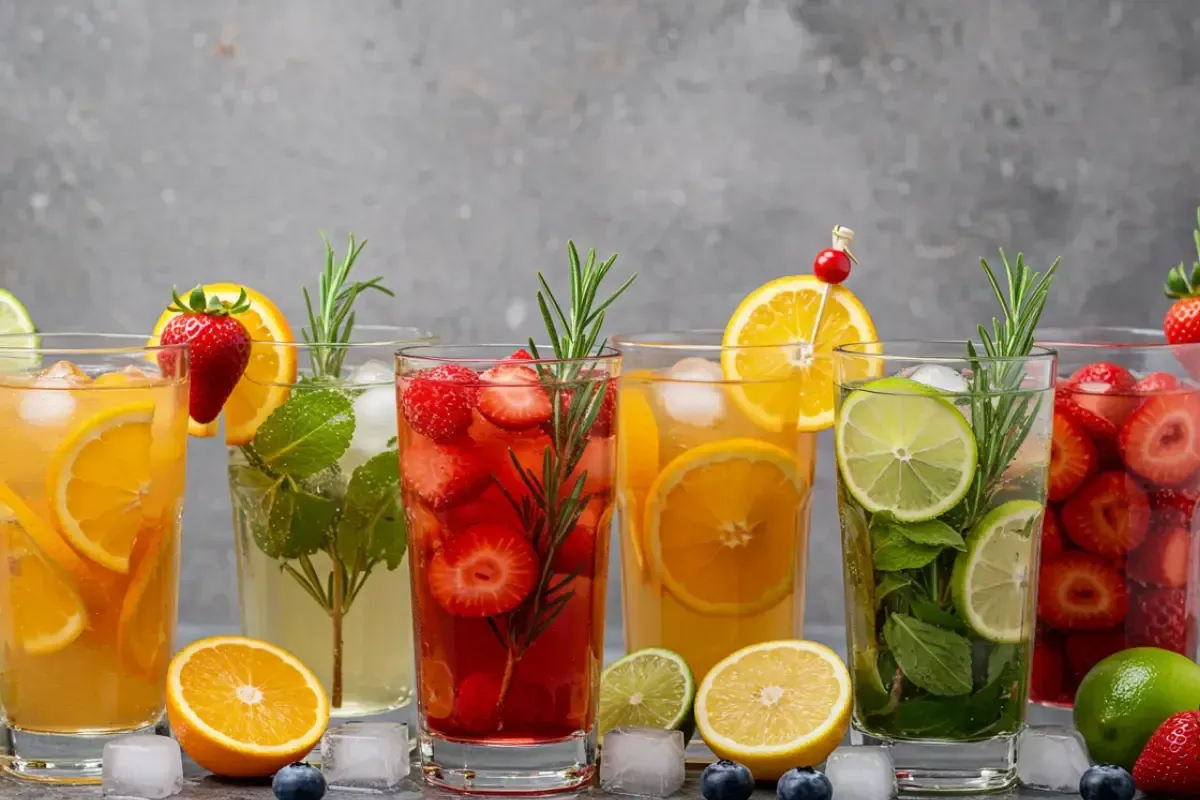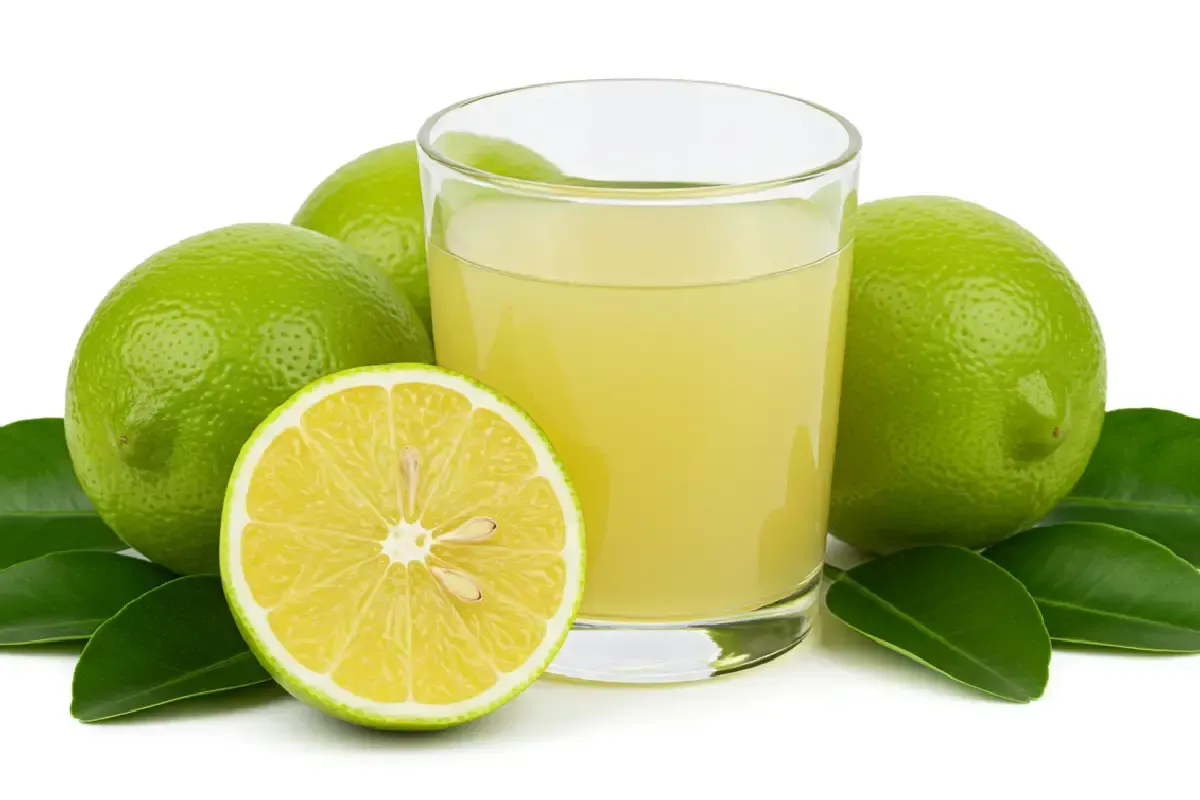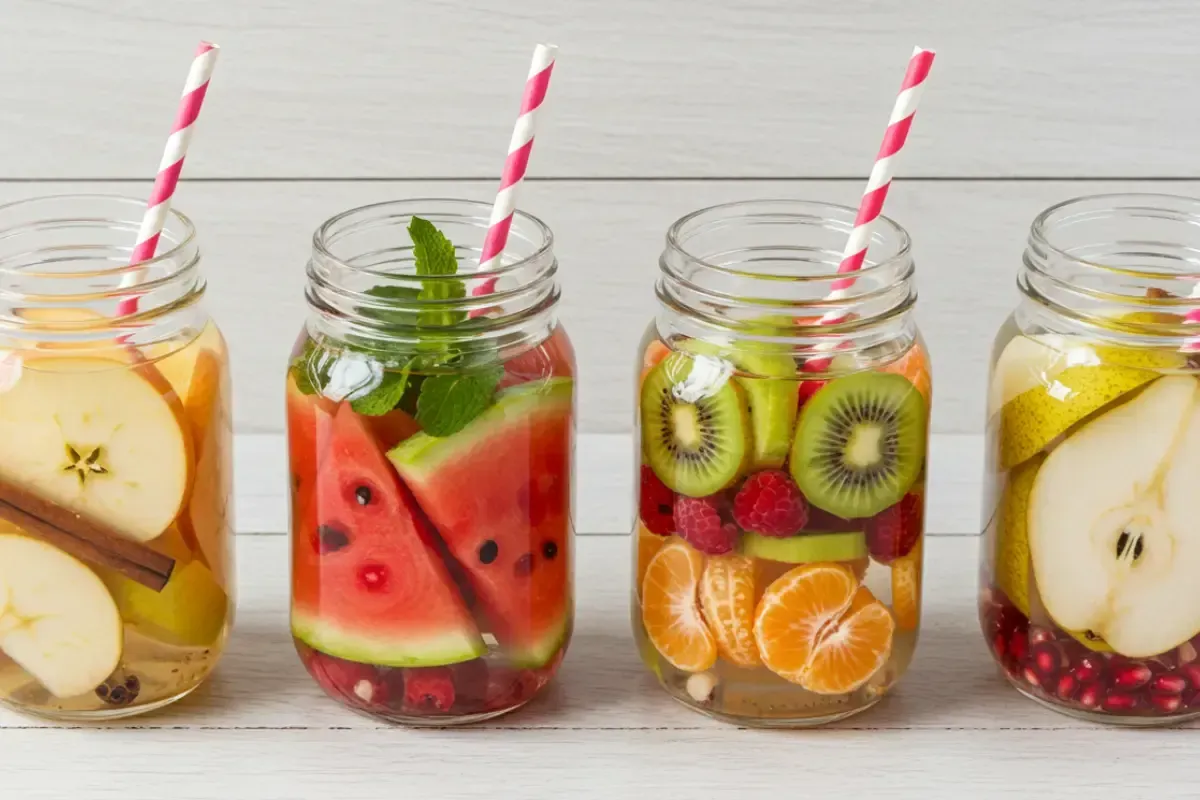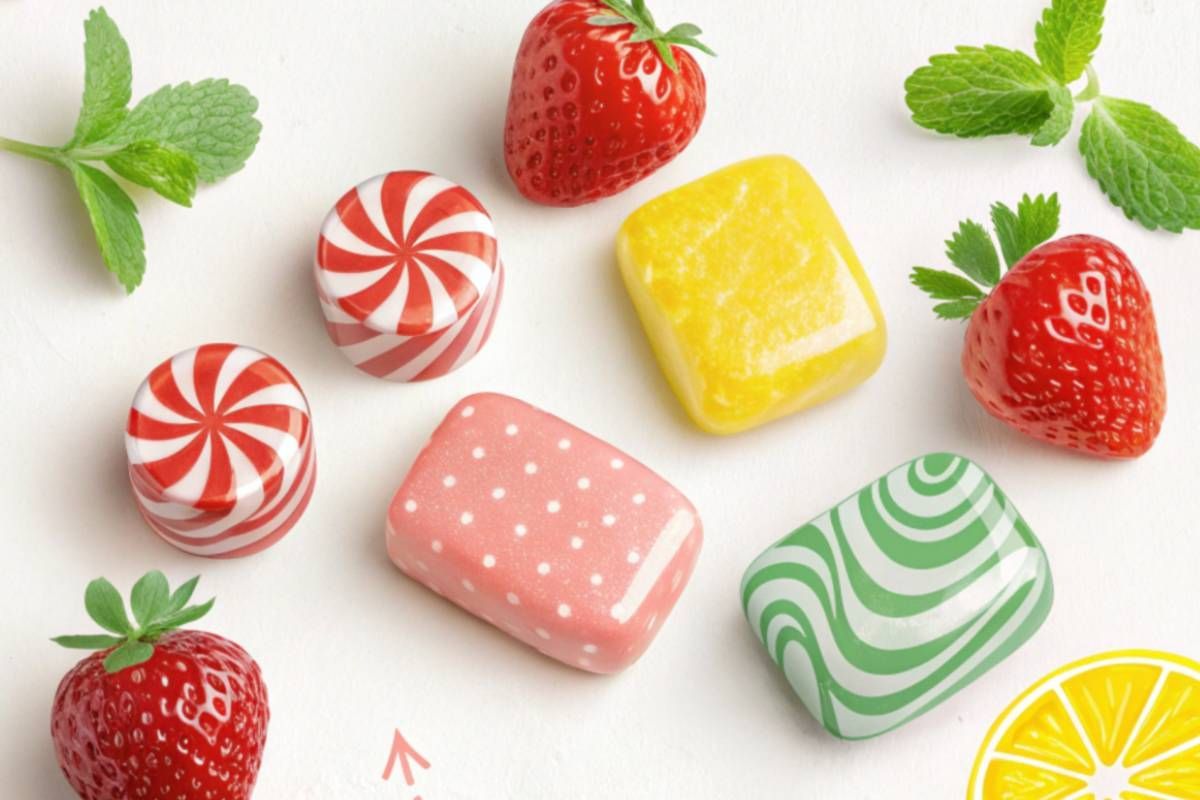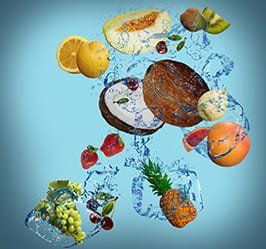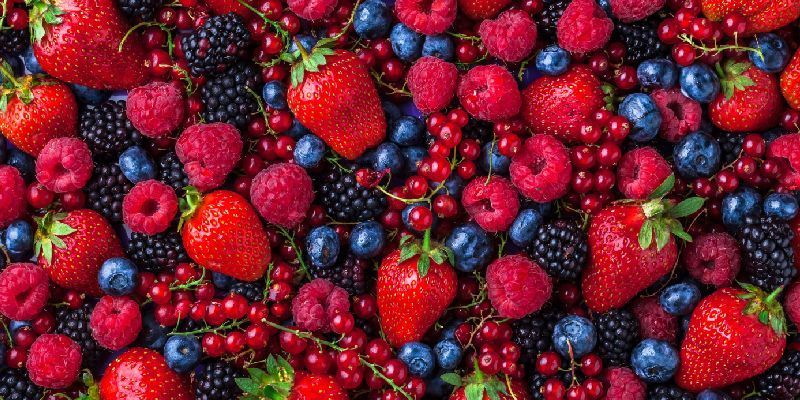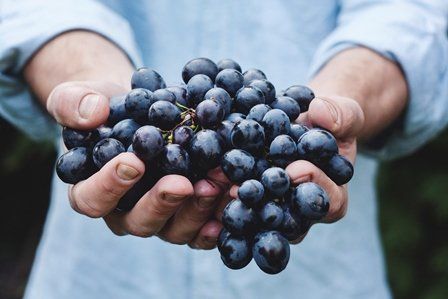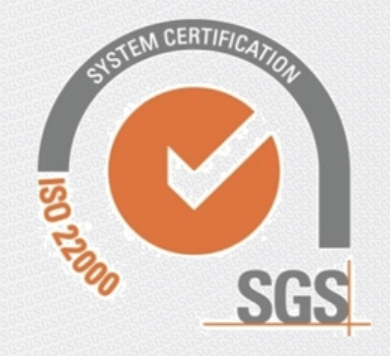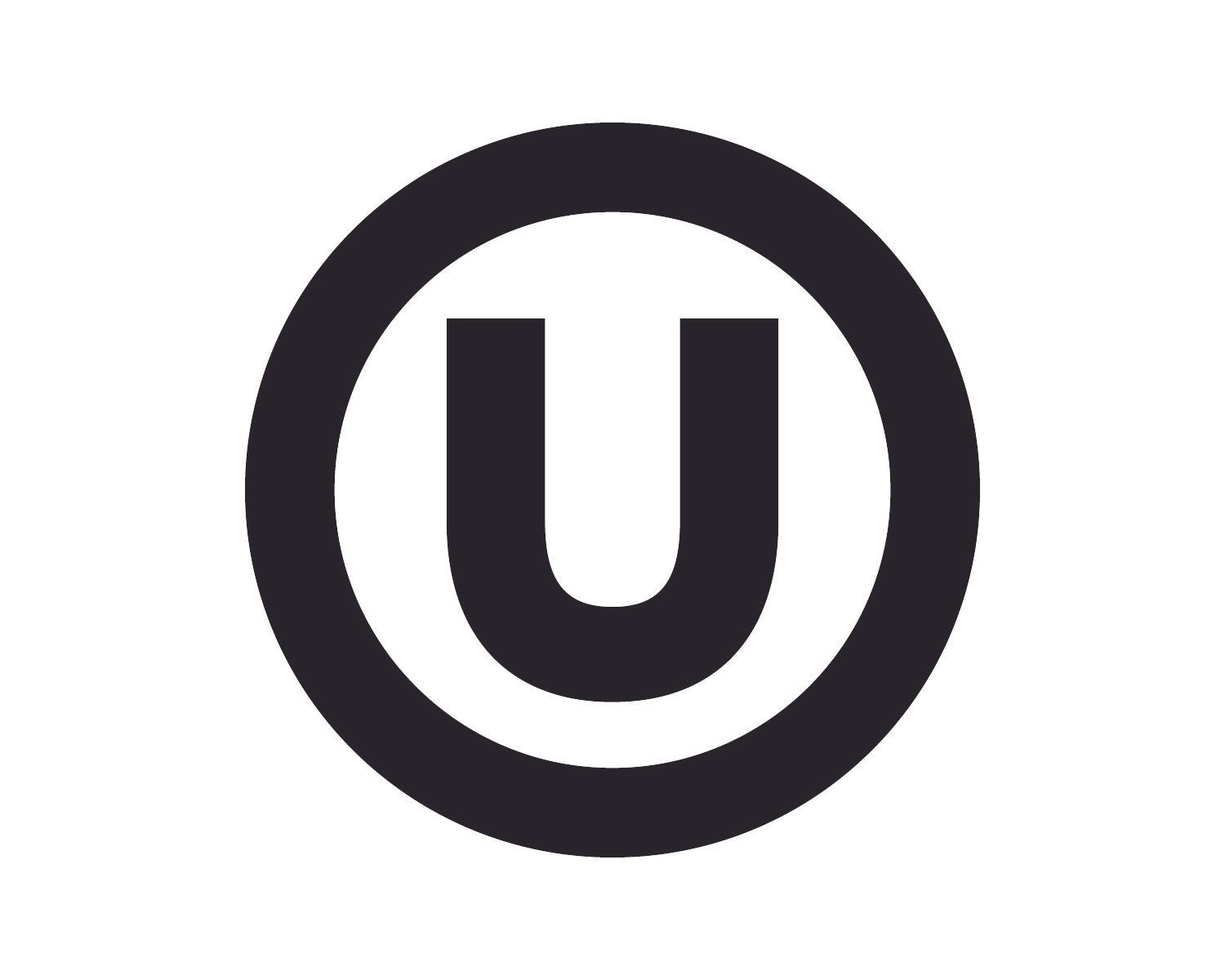Antioxidant drinks, their impact on the beverage industry
Alimentos SAS • Sep 01, 2021
Nowadays, more and more people are placing health concerns at the center of their food product selection. They are interested in more natural, less sweet options. They are also looking for multifunctional products that tend to their lifestyle. Discover how antioxidant drinks fit in the picture and their impact on the beverage industry today.
Antioxidant drinks: the essentials
Antioxidants are compounds that contribute to our health by helping prevent oxidative damage to cells, reducing inflammation, and even protecting against chronic disease. They do so by neutralizing harmful compounds known as free radicals (Link, 2020).
Some examples of antioxidants are vitamins C and E, carotenoids, and selenium. Food naturally contains many of them, especially fruits and vegetables. Popular drinks like coffee and tea also have antioxidants (Medline Plus, n.d.).
Today, the beverage industry is taking a page from consumers’ growing interest in healthy products and making antioxidant drinks. These stand out by combining flavor, convenience, and health benefits.
Selecting beneficial antioxidant drinks
These are a few factors consumers keep in mind when choosing these products (Link, 2020):
- Antioxidant-rich ingredients such as fruits, vegetables, coffee, or tea. They should be listed first, as this means they are the most predominant in the product.
- Low levels of artificial flavors, additives, and added sugar. Specifically, cane sugar, high fructose corn syrup, fruit nectar, and glucose indicate a product has added sugars.
- Caffeine levels.
The antioxidant drinks market
According to firm Research and Markets (2020), the world’s antioxidant beverage market will grow at a compound annual global rate (CAGR) of 8.7% between 2020 and 2025.
North America is its largest market, as its consumers see beverages as a convenient form of nutrition. The segments driving growth for antioxidant drinks in the region are (Research and Markets, 2020):
- Ageing people interested in sources of vitality and energy.
- Millennials willing to try products with wellness benefits.
- Busy people who gravitate towards fast and efficient sources of nutrition.
This performance stems from the healthy hydration trend, in which consumers prefer healthier, more functional products to carbonated drinks and even to standard fruit drinks (Research and Markets, 2020). These value-added alternatives include (Arndt, 2019. Nettle, 2020. Tetra Pak, 2020):
- Snack drinks. They usually contain seeds, proteins, or cereals.
- Enhanced nutrition drinks, like blends with super fruits.
- Drinks with probiotics, herbs, and even CBD.
KPMG Insights estimates the global functional drinks market will reach a size of 208 billion dollars by 2024 (Nettle, 2020). Leading companies in the industry are taking notes. In recent years, giants like PepsiCo and Dr. Pepper Snapple Group have acquired functional drinks brands to bring health-driven consumers into their fold (Water for Health, 2021).
In this context, antioxidant drinks are a rising star. Research and Markets (2020) reports that a section of the global population favors them over other types of functional beverages. Additionally, they draw traction from growing consumer interests in organic, preservative-free, and sugar-free drinks (Research and Markets, 2020).
Using fruit purée to make antioxidant drinks
When it comes to antioxidant drinks, there are plenty of options available. Retailers offer nothing but variety – smoothies, flavored water, coconut-water mixes, tea, coffee, juices, and more.
Fruit purée stands out as an ideal ingredient to make such products. In fact, the beverage industry holds the largest volume share of the global fruit purée market today at 29% (Persistence Market Research, 2021 b).
Why? Well, not only does fruit purée retain taste and nutrients from fresh fruit, but it is also far more efficiently handled (Dohler, n.d.). It also serves as a healthier, more natural sweetener (Grand View Research, 2020). Moreover, fruit purée manufacturers are now investing in organic production to align their products with consumers’ wellness, clean label, and sustainability concerns (Persistence Market Research, 2021 a).
Fruit purée’s benefits as an ingredient in the food industry also become apparent in its market performance. For instance, it has shown a value CAGR of 5% during the last four years in the United States (Persistence Market Research, 2021 a). Furthermore, Grand View Research (2020) estimates the global fruit purée market will expand at a 6% CAGR between 2020 and 2027.
Antioxidant drinks are, arguably, one of the main products leading the health trend found in consumers’ tastes in recent years. Fruit purée is an ingredient poised to contribute significantly to their success.
